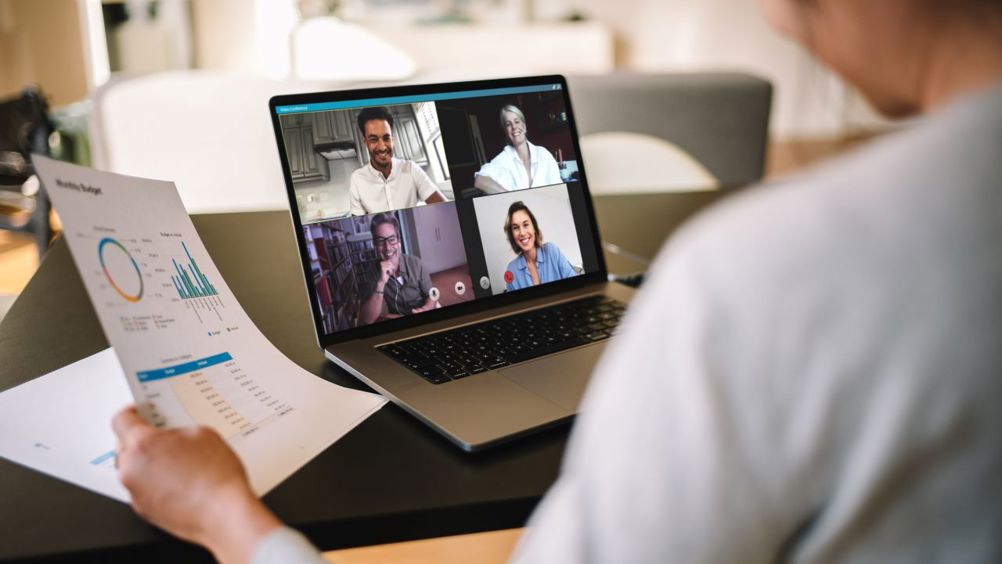Proximity bias stopping employers from finding new talent

Companies equating hard work with being in the office are living in the past according to Paul Hamer, CEO of construction company Sir Robert McAlpine.
Speaking on a panel about flexible working at the 2022 CIPD Festival of Work on 16 June, Hamer said: “It’s an issue of maturity. Especially pre-pandemic, there was an agenda of ‘if I can’t see you then you must not be working.’
“If we can hold executive board meetings over teams remotely, then why can’t people work from home remotely? You have to lead from the top.”
Without the promise of flexible working, Hamer said companies will find it harder to attract new employees.
He added: “There’s no way we’re going to get that talent that’s going to sit at a desk for 40 hours a week – its impossible.
“From my experience, I work harder at home than in the office. If it can work for me it can work for anybody.”
Alex Ritchie, co-CEO of charity GlobalGiving, argued that adopting flexible working can be beneficial for employers as well as employees, especially at a time when high quality staff are in shorter supply and higher demand.
A hybrid working model she added had helped the company expand its talent pool.
She said: “We’ve been able employ talent from all over the UK, which for us is a real game changer. It’s such a competitive employment market at the moment, and we were originally restricting ourselves to London.
“In the last nine months we’ve employed people from Bradford, Manchester, Bournemouth, and that’s made a real difference to the quality of staff we’ve been able to employ. Being such a small organisation, we would never have been able to do that before.”
HR Magazine – Nosa Omoigui

